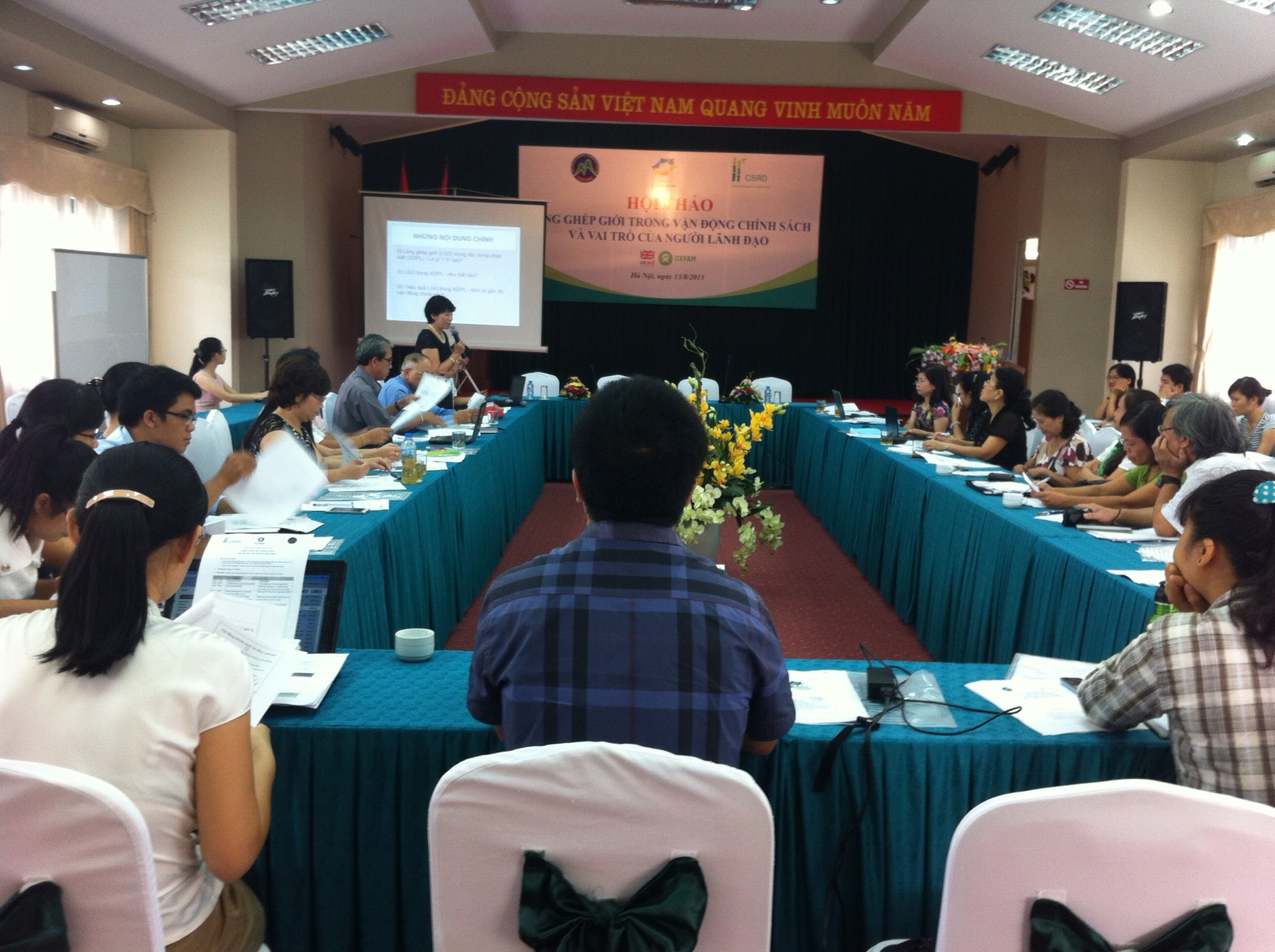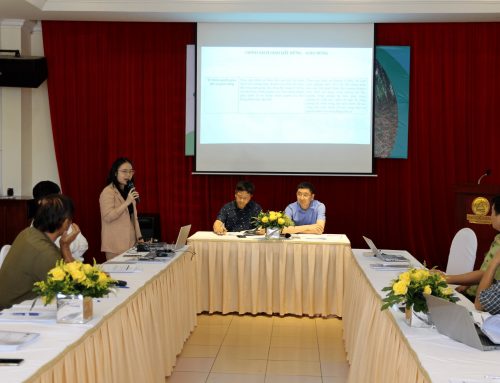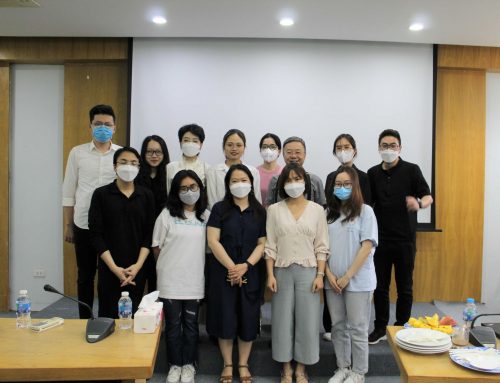HANOI – On August 13, 2015, a workshop on Gender Mainstreaming in Policy Advocacy and the Roles of Leadership was jointly organized by Consultative Institute for Socio-Economic Development of Rural and Mountainous Areas (CISDOMA) and Center for Social Research and Development (CSRD), with support from Advocacy Coalitions Support Program funded by Department for International Development (DFID-UK). Under the “Support Gender Mainstreaming Coalitions in Policy Advocacy” project, the workshop was attended by 44 officers from member organizations of six policy advocacy coalitions, Gender experts, and representatives of many Non-Governmental Organizations (NGOs) outside the six coalitions.
Lam Thi Thu Suu – Director of CSRD – presented the results from an assessment of gender mainstreaming in the six policy advocacy coalitions, while leaders of iSEE, CGFED, and CECR shared their practical experiences in gender mainstreaming. Wendy Conway Lamb from the Australian Embassy provided some Dos and Don’ts that should be followed for effective gender mainstreaming in policy advocacy, and gender-sensitive advocacy messages for reference.
Duong Thanh Mai, Gender expert from Ministry of Justice, said that by 2015 gender mainstreaming had been integrated into every stage of legal normative document formation. To boost the impacts of policy advocacy, advocating activities should be aimed at agencies, organizations and deputies with the rights to submit legislative proposals. In case these activities did not yield desired results, advocacy actors should direct their efforts towards the later stages, in particular the verification of legislative proposals by the National Assembly’s agencies.
Pham Thi Hien from Ho Chi Minh National Academy of Politics and Public Administration said that “Gender-sensitive policy advocacy is an advocating process where gender differences are taken into account in every advocating activity.” She added that “To achieve effective gender mainstreaming in policy advocacy, it is necessary to identify advocacy issues. In addition, gender analysis is an important step and should be jointly performed by experts in Gender and other fields.”
The participants took part in heated discussions about the roles of leadership in gender mainstreaming. While diverse in opinions, the participants reached a consensus that leadership was of great importance to effective gender mainstreaming. Only if the leader was knowledgeable about and determined to achieve the common goal of an organization would the entire organization efficiently operate. “The leader is not necessarily the director or coordinator.To promote gender equality, any staff can be his or her own leader,” concluded Truong Quoc Can – Director of CISDOMA.
Thanh Nha




